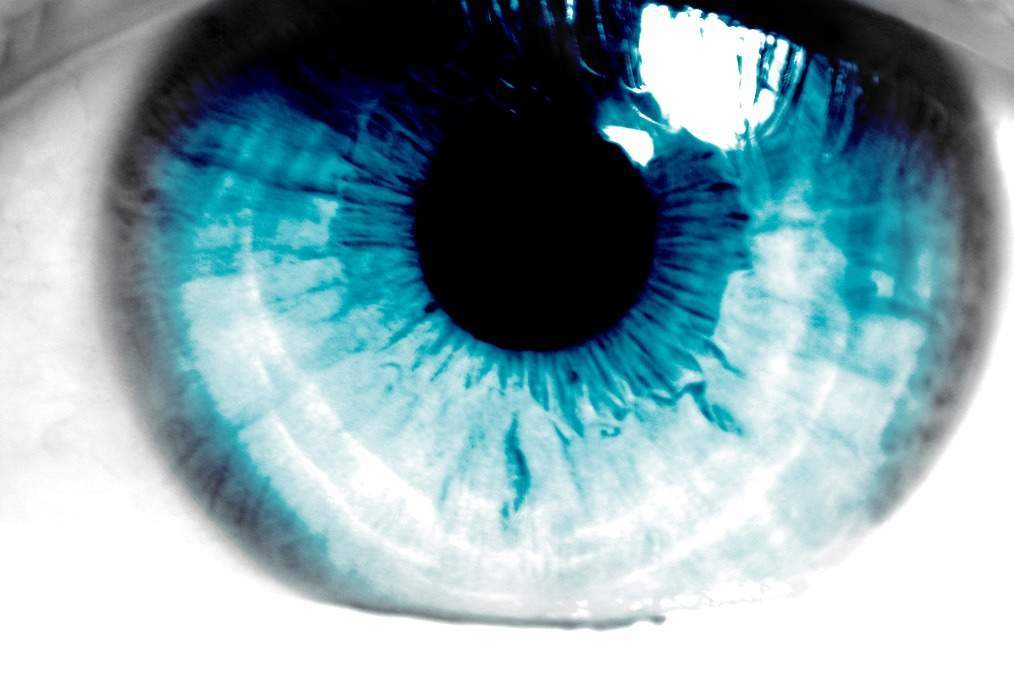
TearLab’s Discovery platform is claimed to have been designed to enable eye care professionals in assessing biomarkers in human tears with nanoliter volume tear collection.
The lab-on-a-chip platform enables to measure tear proteins in a fully automated workflow that is consistent with the currently marketed TearLab Osmolarity System.
TearLab Osmolarity System being used by physicians in their practice. The MMP-9 test card will aid in the diagnosis of dry eye disease.
TearLab CEO Seph Jensen said: “We understand the FDA’s position and are encouraged by the clear guidance they have provided. We are working diligently to compile the additional information necessary to achieve a 510(k) clearance.
“We maintain our belief that TearLab Discovery represents a breakthrough technology capable of providing clinically efficient, cost-effective, point-of-care diagnostic tests. We will continue working with the FDA to provide additional data for a new MMP-9 submission and remain committed to securing its 510(k) clearance.”
In April this year, the company received a written feedback from FDA on the requirements for 510(k) clearance for its Discovery Platform and test card that can measure MMP-9, an inflammatory biomarker.
The company stated that the FDA-cleared predicate chosen for 510(k) substantial equivalence measures the qualitatively, but, the intended use of the Discovery MMP-9 test in the submission measures the biomarker quantitatively.
The US regulator has asked the company to provide additional information to establish correlation to the predicate.
TearLab develops and markets lab-on-a-chip technologies that allow eye care practitioners to enhance standard of care by objectively testing for disease markers in tears at the point-of-care.
The TearLab Osmolarity Test, for diagnosing Dry Eye Disease, is claimed to be the first assay developed for the TearLab Osmolarity System.





